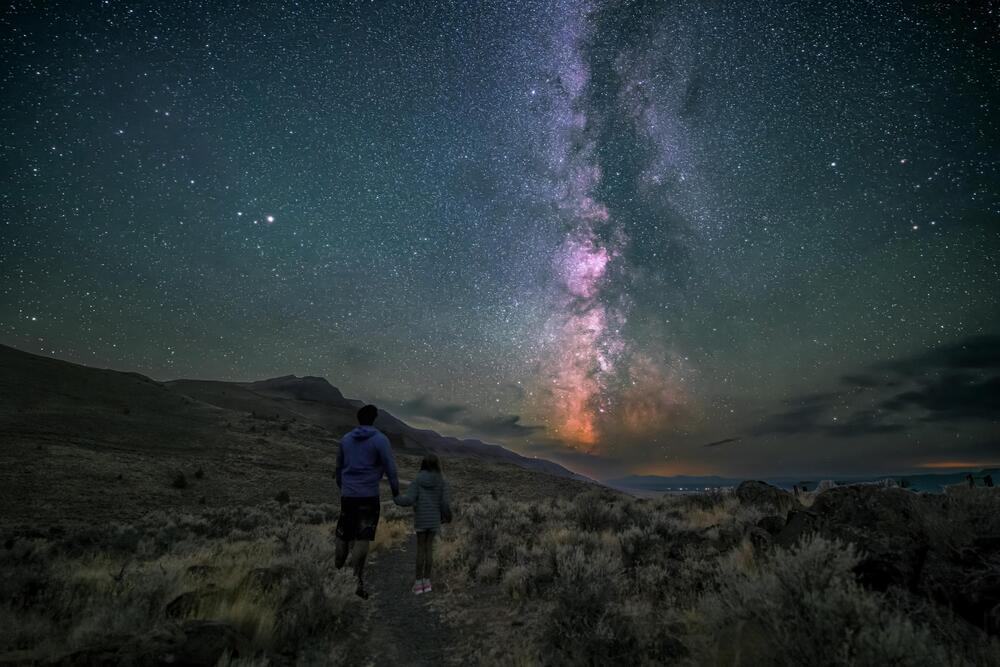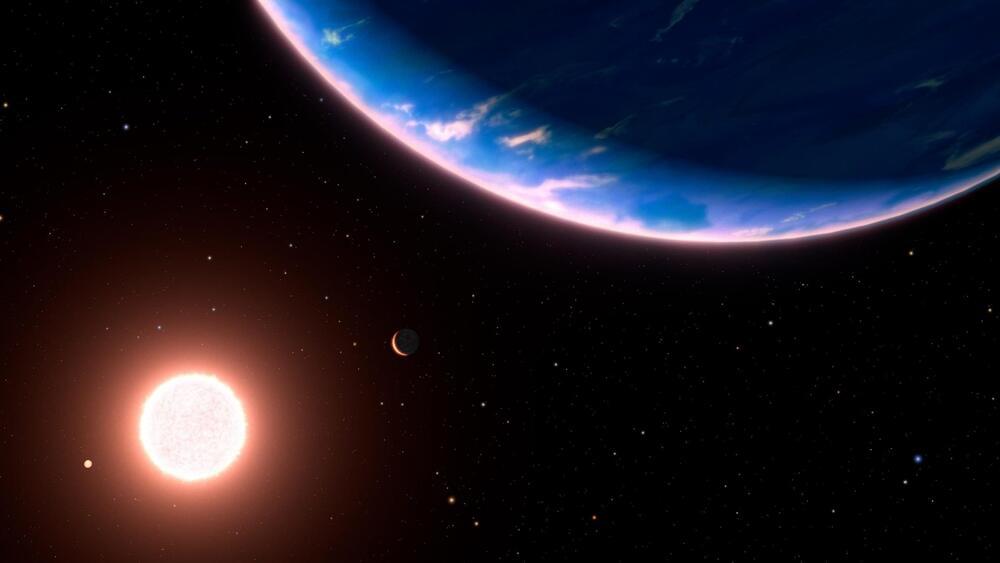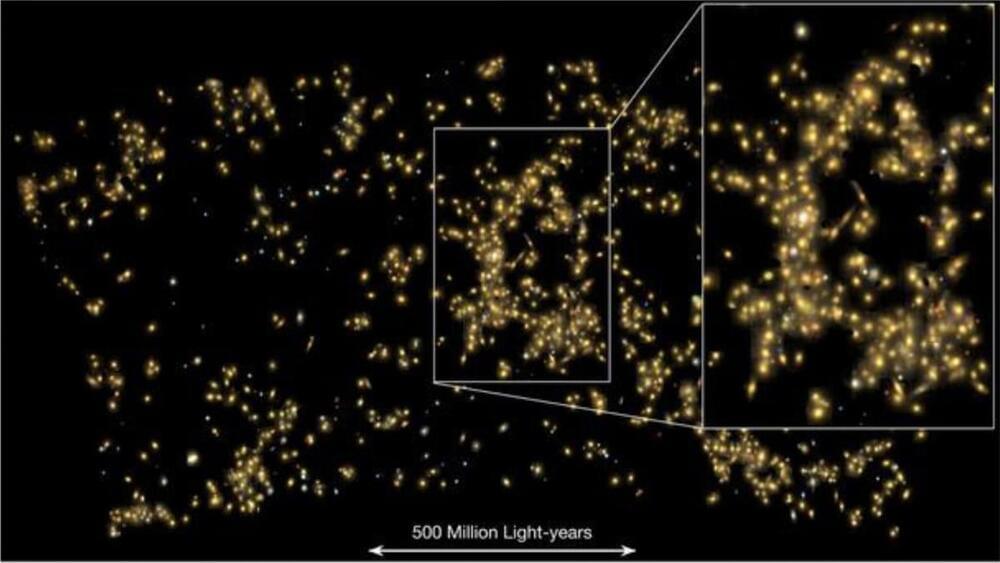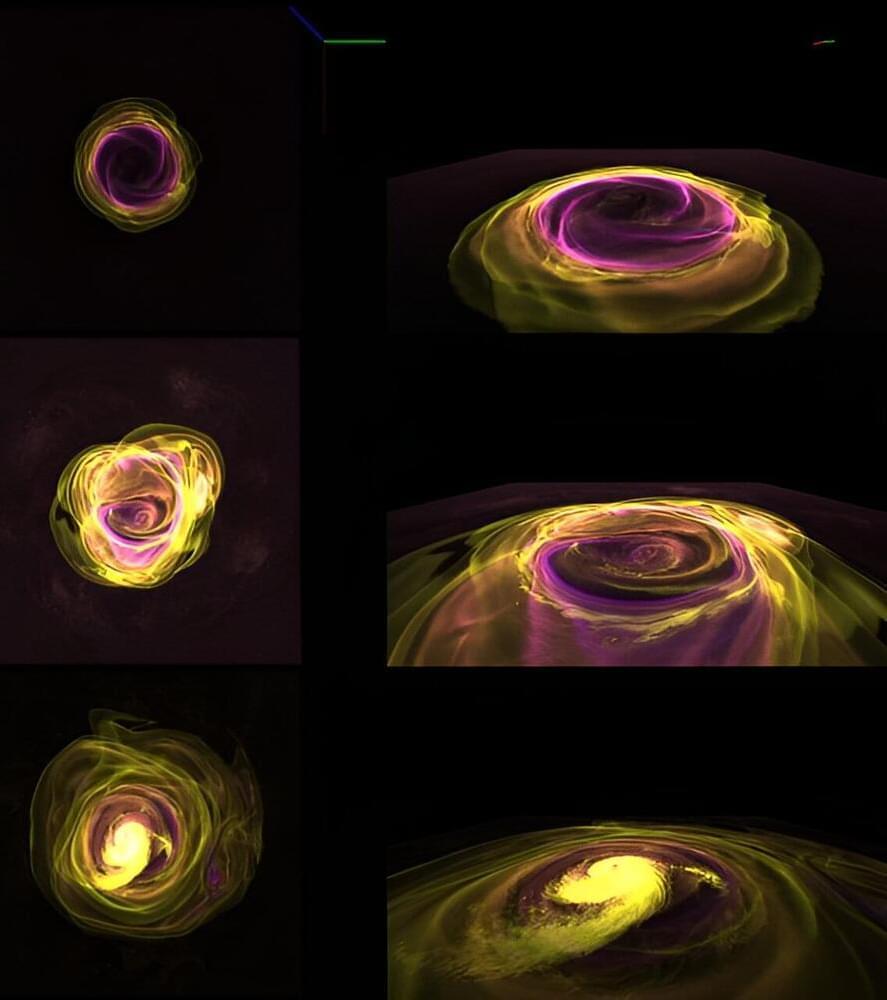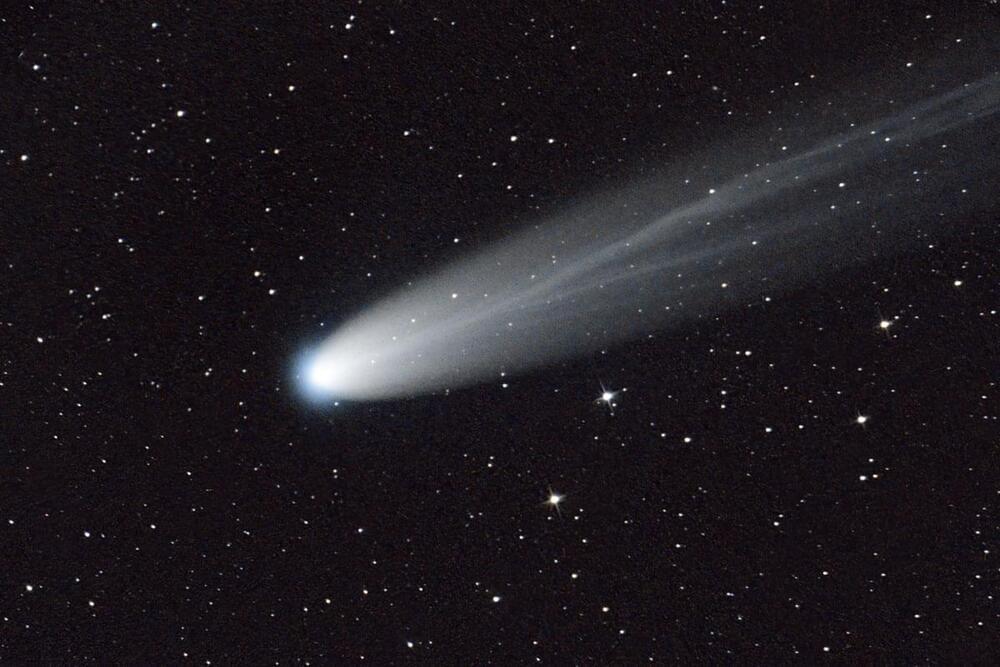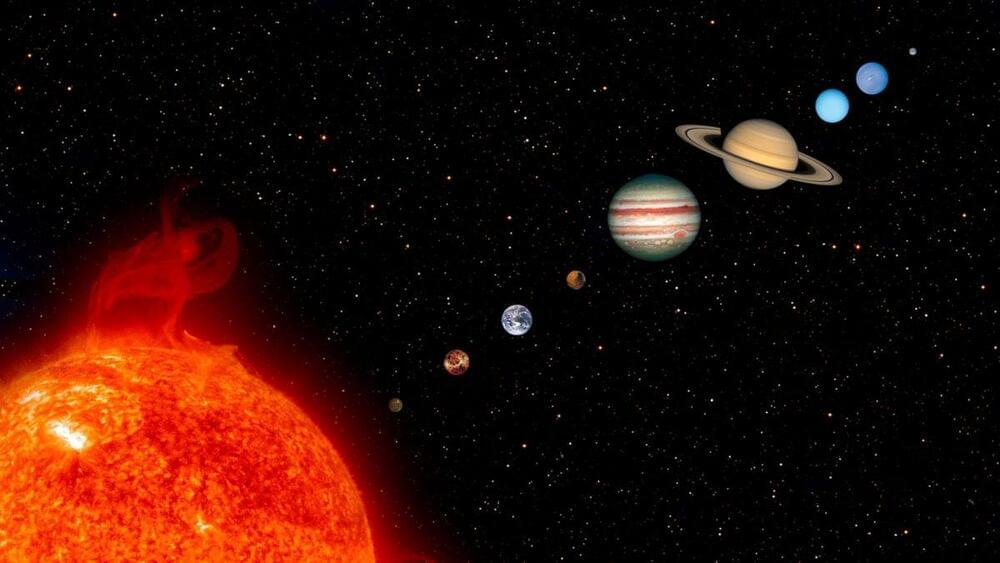The study of “exoplanets,” the sci-fi-sounding name for all planets in the cosmos beyond our own solar system, is a pretty new field. Mainly, exoplanet researchers like those in the ExoLab at the University of Kansas use data from space-borne telescopes such as the Hubble Space Telescope and Webb Space Telescope. Whenever news headlines offer findings of “Earth-like” planets or planets with the potential to support humanity, they’re talking about exoplanets within our own Milky Way.
Jonathan Brande, a doctoral candidate in the ExoLab at the University of Kansas, has just published findings in the open-access scientific journal The Astrophysical Journal Letters showing new atmospheric detail in a set of 15 exoplanets similar to Neptune. While none could support humanity, a better understanding of their behavior might help us to understand why we don’t have a small Neptune, while most solar systems seem to feature a planet of this class.
“Over the past several years at KU, my focus has been studying the atmospheres of exoplanets through a technique known as transmission spectroscopy,” Brande said. “When a planet transits, meaning it moves between our line of sight and the star it orbits, light from the star passes through the planet’s atmosphere, getting absorbed by the various gases present. By capturing a spectrum of the star — passing the light through an instrument called a spectrograph, akin to passing it through a prism — we observe a rainbow, measuring the brightness of different constituent colors. Varied areas of brightness or dimness in the spectrum reveal the gases absorbing light in the planet’s atmosphere.”
